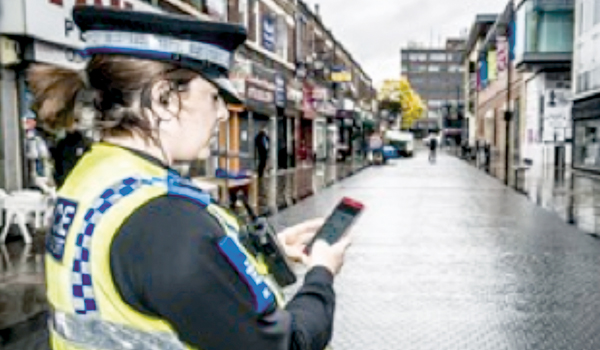Improving prosecution rates from roadside breath-tests
Third generation evidential drink-drive testing systems are being developed by STL Technologies in partnership with Lion Laboratories that will help increase conviction rates after breath analysis at locations other than a police station.

Third generation evidential drink-drive testing systems are being developed by STL Technologies in partnership with Lion Laboratories that will help increase conviction rates after breath analysis at locations other than a police station.
Our successful partnership has enabled police forces to achieve a very high conviction rate for drink-drive offences, by eliminating defences based on errors in the police procedure, but the system is currently only available in a police station, explained Paul Williams, head of forensic support at evidential breath analyser manufacturer Lion Laboratories. We are currently developing a way to replicate this success at the roadside, hospitals or mobile police stations with a view to launching a product in quarter four, 2012.
Libis, STLs computerised drink-drive process, integrates with Lions 6000 Intoxilyser to ensure that complex drink-drive procedures are carried out consistently and accurately. The integrated system provides officers with the requisite decision points, warning and prompts as well as keeping an evidential log of the process.
Its easy to make a mistake conducting a drink-drive procedure manually, as there are so many different permutations, and roadside testing will create even more demanding conditions, explains Richard Perkins, sales and marketing director at criminal justice software specialist STL Technologies. Our system makes it virtually impossible for an officer to make a mistake so it closes up the challenge to procedure loophole that solicitors have tried to take advantage of.
There are considerable cost savings to a police force by avoiding challenges to a drink-drive procedure and nobody wants to see a drunk-driver avoid prosecution.
The STL/Lion collaboration will enable effective evidential testing to take place quickly, allowing a more accurate alcohol reading, as there is no need to travel to a police station. It will also be used in mobile police stations at sporting and music events where there are high volumes of people.
STL and Lion have been working together since the mid-eighties. The integrated Libis/Lion 6000 system is currently used by numerous police forces, including: Greater Manchester, West Midlands, Bedfordshire, Northern Ireland and Staffordshire.
In this digital world its hard to believe that some police forces still conduct the drink drive procedure manually, said Mr Williams. Its like a supermarket operating with just a cash-drawer instead of a barcode system; there are so many opportunities to make a mistake.
As well as improving conviction rates, the computerised Libis/Lion 6000 system speeds up the drink-drive procedure, avoids duplicate data entry and can interface with key policing applications such as custody and case file software. It stores data electronically so that each file is secure, easy to retrieve and read, and only the relevant pages need to be printed; reducing time and paper wastage.


